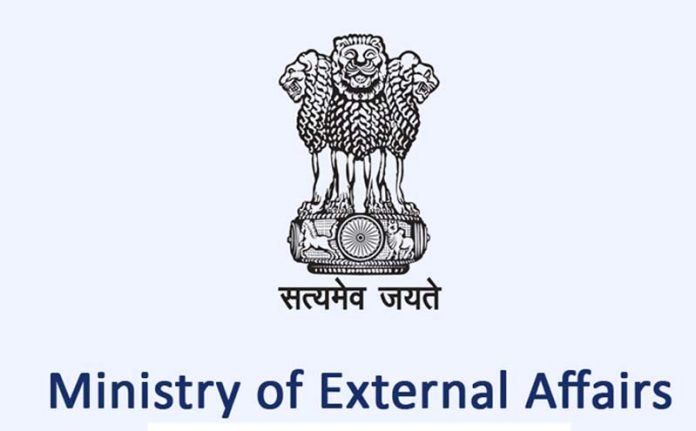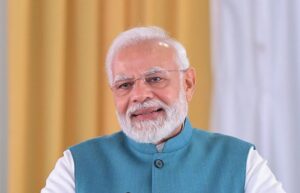



In a significant diplomatic move, India on Wednesday expelled a Pakistani official posted at the Pakistan High Commission in New Delhi on charges of espionage, marking the second such expulsion in just one week amid rising bilateral tensions.
According to the Ministry of External Affairs (MEA), the Pakistani staffer has been declared “persona non grata” for engaging in activities inconsistent with his diplomatic status. He has been directed to leave the country within 24 hours.
“The Government of India has declared a Pakistani official, working at the Pakistan High Commission in New Delhi, persona non grata for indulging in activities not in keeping with his official status in India,” the MEA said in a formal statement.
Following the expulsion, Pakistan’s Charge d’Affaires in New Delhi, Saad Warraich, was summoned and handed a demarche, or diplomatic protest, by the Indian side. He was instructed to ensure that no Pakistani diplomat or official in India misuses their diplomatic privileges.
This move comes just days after a similar expulsion of another Pakistani staffer on May 13 for allegedly being involved in espionage activities. In a reciprocal move, Pakistan expelled an Indian official from the Indian High Commission in Islamabad.
These developments are unfolding even as police investigations in Punjab and Haryana have uncovered an espionage ring linked to Pakistani intelligence services. At least three individuals have been arrested for allegedly leaking sensitive information about Indian military movements and strategic locations.
“A suspect was arrested based on credible intelligence for leaking sensitive information to a Pakistan-based handler regarding Indian Army movements,” Punjab Director General of Police Gaurav Yadav had confirmed earlier.
Last week, the Amritsar Rural Police arrested Falaksher Masih and Suraj Masih on similar charges, alleging that they had leaked photos and information of Army cantonments and air bases to Pakistani intelligence operatives.
The diplomatic tensions coincide with heightened military activity between the two nations. On May 7, India carried out precision air strikes on nine terrorist camps deep inside Pakistan and Pakistan-occupied Jammu & Kashmir (PoJK) in response to the April 22 terror attack in Pahalgam, which left 26 civilians dead.
In retaliation, Pakistan attempted cross-border strikes on Indian military installations on May 8, 9, and 10, which were firmly repelled by the Indian Armed Forces, resulting in significant damage to several Pakistani air bases, radar systems, and command centres.
Subsequently, Foreign Secretary Vikram Misri announced on May 10 that India and Pakistan had agreed to cease all hostilities across land, air, and sea, marking a temporary thaw in what has become an increasingly volatile diplomatic and military standoff.
The expulsion of Pakistani officials, however, signals India’s continued zero-tolerance stance on espionage and underscores the fragile state of bilateral ties, even amidst diplomatic overtures for de-escalation.










